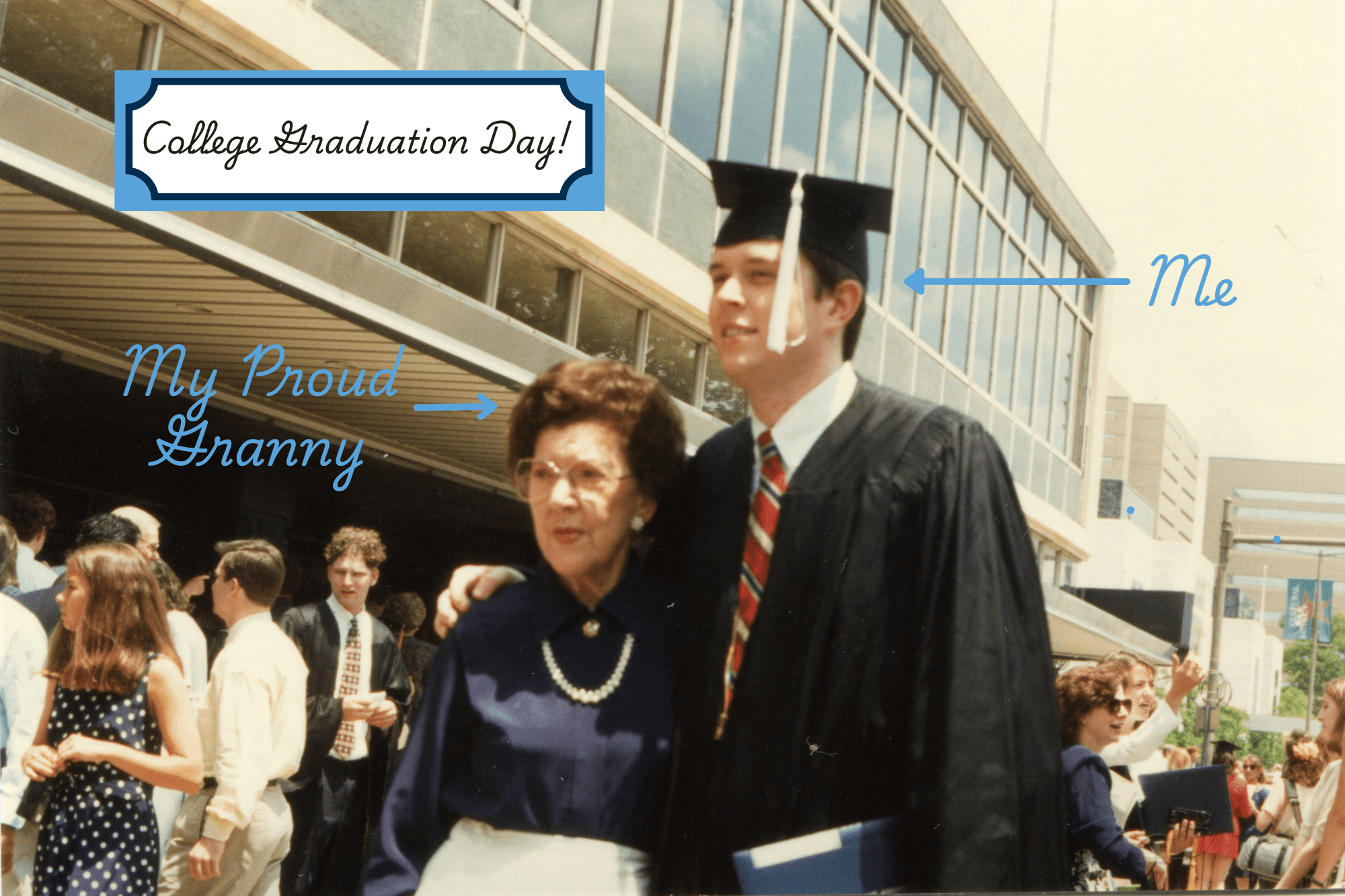Alumni networks are big business in the U.S., earning more than $6B annually, much of which goes to funding scholarships, faculty grants and community development programs.
While there is little denying the benefit of alumni networks to the overall ecosystem of higher education, one area that has room for improvement is leveraging alumni to help students navigate the job market post-graduation, according to Forbes.
The reality is sobering. A Strada-Gallup Alumni Survey revealed that among 5,107 college graduates, a mere 9% found their school’s alumni network “helpful” or “very helpful” in their job search. Even elite universities are struggling, with grads from Top 50 schools only reporting 16% satisfaction.
Meanwhile, 22% of those surveyed indicated their alumni network had actually been “unhelpful” or ”very unhelpful,” indicating that students are ending their college careers actively disappointed in a key benefit they expected from the experience.
And then there’s the 69% of apathetic students who found their school’s alumni either “neither helpful nor unhelpful,” suggesting that there is a large number of individuals who could benefit from alumni resources but must be encouraged to access them.
With this in mind, schools of all sizes offer programs that can be viewed as models for career advisors to emulate and expand if they want to improve student outcomes.
Mentorship Programs
Mentorship programs are structured initiatives where alumni provide one-on-one guidance to students. These programs can range from informal advice sessions to relationships that last, even after graduation. These programs can help prepare all students for the transition into a career. But they are especially helpful for under-served groups who may not have the social capital to compete in the job market.

This is why, in 2022, the Cal Alumni Association (CAA) at UC Berkeley launched the Cal Alumni Mentors program with the explicit purpose of matching underrepresented students with alumni mentors who match with their identity as well as their aspirations.
The program is open to all students and is part of UCB’s wider Career Network, which also offers webinars and in-person networking events. CAA also has direct relationships with corporate partners such as regional giants Google and Wells Fargo through its Corporate Alumni Program.
But it’s not just elite universities that utilize alumni to assist students in their job search. The Arkansas Tech University Alumni Association offers a similar alumni mentorship program, giving students the opportunity to connect via alumni with individuals at entertainment giants like Disney and the Academy Awards.
Challenges and Solutions in Alumni-Student Mentoring
Not every career department has the resources to set up a robust alumni program. Recruiting mentors, matching them with students, and facilitating regular communication all present challenges.
Some of the solutions lie in technology. For example, UC Berkeley’s Career Network uses an app called PeopleGrove, which provides tools for students to access all career support services, including the alumni program. The company claims that “33% of students are offered an internship or full-time job directly through the platform.”
Easier Ways To Deliver Alumni-Student Career Support
There are even easier ways for alumni groups to support student career development. Take the University of Michigan. In addition to offering the usual webinars and live events, the country’s second-largest alumni network still outsources some of its support for students.

The Career Design Fellowship provides funds to help anyone who has completed at least one semester of study participate in a 30-day online program run by Mission Collaborative to “get the clarity and plan needed to find a fulfilling and fitting career.”
Additionally, the maize and blue alumni association has negotiated discounts with a number of career coaches, which it makes them available through a simple portal on it’s website. And it also runs a private, 45,000 person LinkedIn group that requires zero tech-savvy to deploy.
Whether you’re prepared to create a robust alumni mentoring network or simply want to provide low-cost solutions to help students as they embark on their professional career, there are several ways in which alumni associations can work with school career departments to be “helpful” (or “very helpful”).



